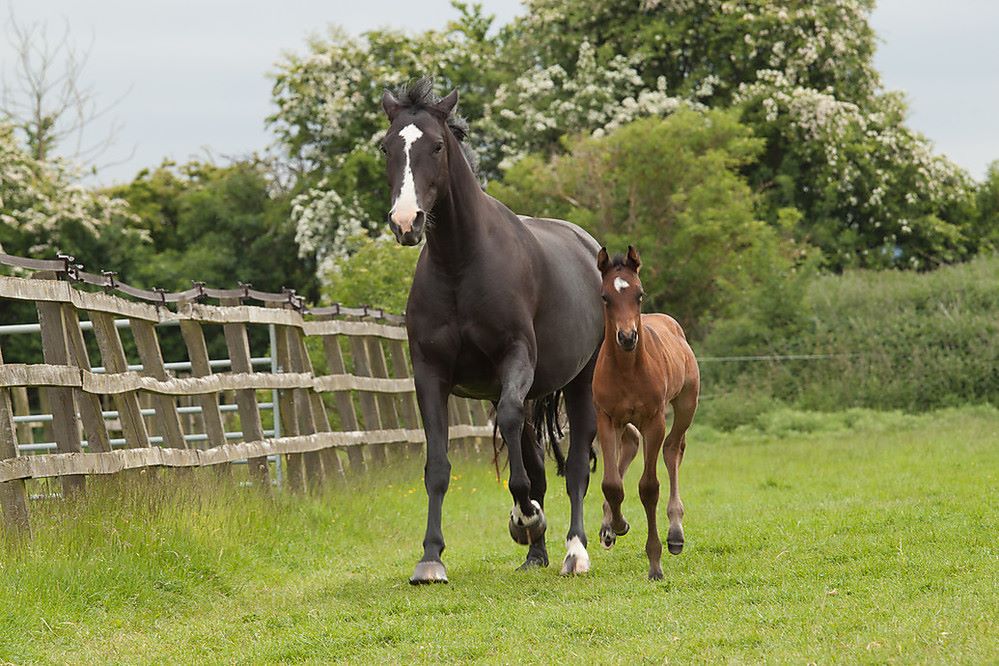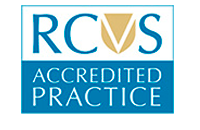24 hour contact: 01707 666297
Mare Breeding Support
Mare Support Stallion / Stud Support FAQs
Package Prices Artificial Insemination Embryo Transfer
Prebreeding and Infertility Examinations for Mares
 A pre-breeding mare examination is a good opportunity to discuss the reproduction process and any questions you may have, as well as checking your mare’s suitability for breeding.
A pre-breeding mare examination is a good opportunity to discuss the reproduction process and any questions you may have, as well as checking your mare’s suitability for breeding.
Looking for information on artificial insemination?
Pre-breeding mare examinations
This often involves:
- General physical examination, including mammary gland and vulva
- Rectal palpation and ultrasound examination (a scan) of the mare’s uterus and ovaries.
- Vaginal and cervical examination using a speculum.
- Pre-breeding swabs for diseases including Contagious Equine Metritis (C.E.M.), a contagious venereal disease.
- Pre-breeding bloods for infectious diseases such as Equine Viral Arteritis (E.V.A.) and Equine Infectious Anaemia (E.I.A.).
- An endometrial swab to assess the uterine environment.
Find out more at our Pregnancy Support and FAQ section
Register as a client Book an appointment
Mare infertility investigation
“My mare isn’t falling pregnant – what is wrong?”
Unfortunately, getting a mare pregnant is not always plain sailing. This can be for a number of reasons:
- Mare fertility reduces with age, particularly in mares that have not been bred previously.
- The stallion is not very fertile (or is not very compatible with an individual mare) – the stallion can also be investigated if necessary.
- Infection or inflammation within the reproductive system, particularly post-breeding endometritis.
What is involved with a mare fertility investigation?
- A careful history of the mare will be taken
- Ultrasound examination of the reproductive tract
- Vaginal and cervical examination with a speculum
- Uterine swabs and endometrial cytology/culture
- Uterine biopsy
- Endoscopy of the uterus
Post-Birth Mare Support
We recommend a check for all newborn foals and their dams during the first 1 or 2 days of age. During this consultation, a full clinical examination of both the foal and the dam is carried out. This allows us to identify any issues early on, give advice on the care of the newborn and perform a blood test to check the foal has received enough colostrum (the first milk containing antibodies needed by the foal). The placenta will also be checked so please take this out of the stable as soon as possible, hose it off if it is covered in straw and keep it in a bucket away from wildlife/dogs until the vet arrives.
The newborn foal should be standing within one hour of birth, nursing from the mare within two hours and the placenta should be passed within 3 hours. If any of these times are not met please call us for an emergency appointment.
Once the mare and foal have sufficiently bonded and have been checked over they may be turned out. Usually this is sometime between 12 and 48 hours.
Your mare should continue to be monitored in case of any post birth complications. If she has colic, develops a fever, goes off her food or is very quiet please call us immediately. Small amounts of dark red vaginal discharge may be normal up to 7 days following the birth.
The foal is typically weaned around 6 months of age.

